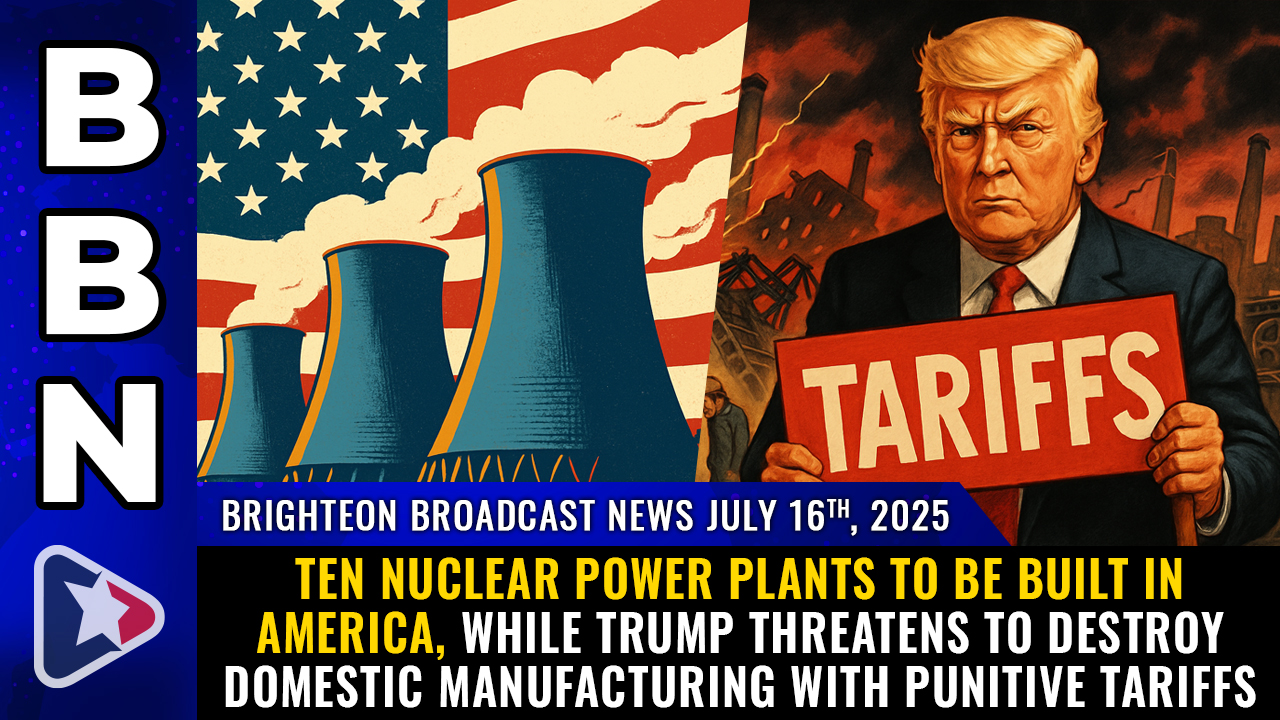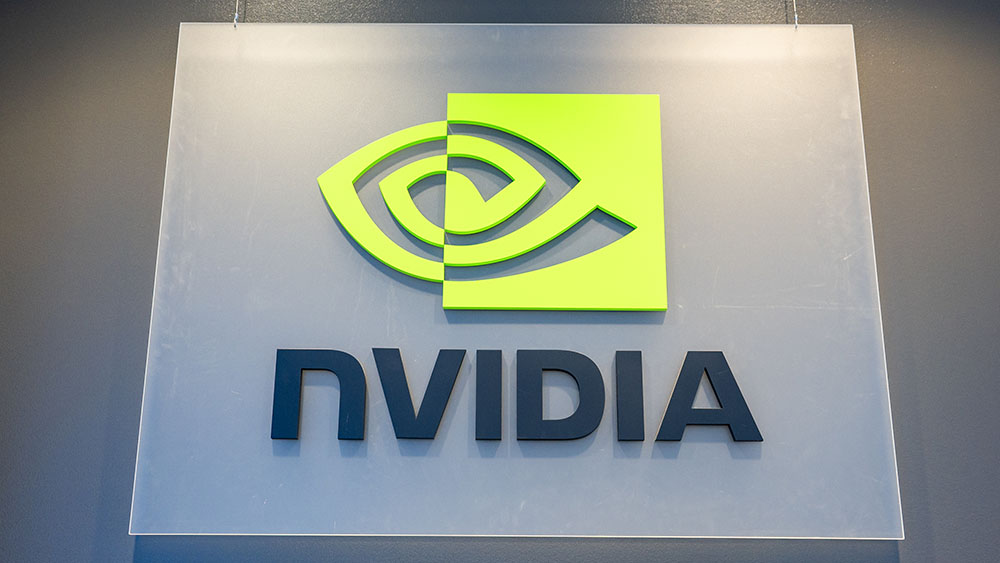 Parler
Parler Gab
Gab
- China is investing heavily in Libya’s eastern region, transforming Tobruk into a global logistics and energy hub aimed at feeding European markets.
- A proposed $10 billion oil refinery could process 500,000 barrels per day, positioning China as Europe’s new energy gatekeeper.
- Beijing plans to expand Tobruk’s deep-water port, upgrade a Soviet-era airbase, and link Libya to Egypt’s high-speed rail network—creating an unbroken supply chain from China to Europe.
- Huawei and Chinese state firms are already embedding infrastructure in Libya, including telecom networks and financial institutions to facilitate capital flow.
- Once dismissed as a war-torn wasteland, Libya is now the centerpiece of China’s Belt and Road strategy, effectively bypassing Western-controlled maritime choke points.
China’s energy chessboard: Why Libya matters
Libya is no ordinary oil producer. Its light, sweet crude is among the easiest to refine, making it crucial for European refineries—especially as sanctions on Russian energy tighten supply. But unlike Washington, which treated Libya as a counter-terrorism outpost, Beijing sees it as a linchpin in a global economic empire. The $10 billion refinery in Tobruk isn’t just an industrial project—it’s a lever to control European energy dependency. Sources inside Libya confirm that Chinese strategists have mapped out Tobruk’s potential as the Mediterranean’s premier transshipment hub, sidestepping overcrowded European ports like Genoa and Barcelona. With direct rail links to Egypt and onward to the Red Sea, China isn’t just circumventing the Suez Canal—it’s rewriting the rules of Eurasian trade.From oil fields to airports: A dual-use blueprint
China’s ambitions don’t stop at pipelines. Al-Adem Airport, once Britain’s largest overseas airbase and now frequented by Russian forces, is slated for a Chinese-led transformation into a cargo and refueling hub. Sources suggest the facility could also serve as a staging ground for Beijing’s strategic interests, placing surveillance and logistics assets within easy reach of Europe’s southern flank. Meanwhile, Huawei is already installing telecommunications infrastructure in eastern Libya, ensuring seamless data flows while expanding Beijing’s soft power grip. The Libyan Bank for Energy and Mining, poised to handle billions in Chinese capital, will streamline investments while further distancing Tripoli from Western financial systems. Most importantly, China is deepening its engagement in Libya as part of its Belt and Road Initiative (BRI), leveraging the country’s strategic location to enhance trade connectivity between Africa, Europe, and Asia. Key aspects of China’s expansion include: 1. Energy and Infrastructure Investments- Tobruk as a strategic hub: China is investing heavily in Tobruk’s deep-water port, proposing a 10 billion oil refinery to process and export fuel to Europe, reducing reliance on maritime choke points like the Strait of Malacca.
- Port and airport upgrades: Plans include modernizing Tobruk’s port into a transshipment hub for European trade and converting Al-Adem Airport into a dual-use logistics and refueling station, potentially serving military and commercial purposes.
- Rail and road networks: China is backing a $20 billion rail project linking Benghazi to Egypt’s high-speed rail network, creating a land bridge from Libya to the Red Sea. Future extensions into Chad and Sudan aim to facilitate overland trade with sub-Saharan Africa.
- BFI management consortium: A Singapore-based firm acts as a key intermediary, coordinating Chinese investments in Libyan infrastructure, including metro systems in Tripoli and Benghazi.
- Libyan Bank for energy and mining: A new financial institution, backed by Chinese capital, is being established to facilitate energy and infrastructure investments.
- High-level delegations: Haftar’s representatives have met with Chinese firms like Huawei and CEEC, securing deals in telecom, energy, and logistics.
- Countering Western influence: China’s non-interference policy appeals to Haftar’s unrecognized government, filling a vacuum left by fragmented Western engagement.
- European energy security: Control over Libyan refineries and ports could give China leverage over European energy supplies, particularly as the EU seeks alternatives to Russian gas.
- Military and intelligence concerns: The dual-use potential of upgraded infrastructure (ports, airports) raises NATO concerns about Chinese naval and surveillance expansion in the Mediterranean.
Europe’s energy reckoning
Europe’s scramble to replace Russian gas has left it dangerously exposed. If China secures control over Tobruk’s refinery and Mediterranean supply routes, it won’t just sell oil—it will dictate who gets it and at what price. Such leverage threatens to erode Europe’s economic sovereignty, forcing reliance on Beijing at a time when U.S. influence wanes. China’s quiet encroachment into Libya isn’t just about crude—it’s about reordering the global power structure. While NATO fixates on traditional military threats, Beijing is anchoring itself in Africa’s richest energy corridors, building the infrastructure of tomorrow’s empire. Sources include: Whatsupwiththat.com Substack.com GlobalTimes.cnWestinghouse announces 10 new AP1000 nuclear reactors for U.S. energy grid by 2030
By Finn Heartley // Share
Governments continue to obscure COVID-19 vaccine data amid rising concerns over excess deaths
By patricklewis // Share
Tech giant Microsoft backs EXTINCTION with its support of carbon capture programs
By ramontomeydw // Share
Germany to resume arms exports to Israel despite repeated ceasefire violations
By isabelle // Share










